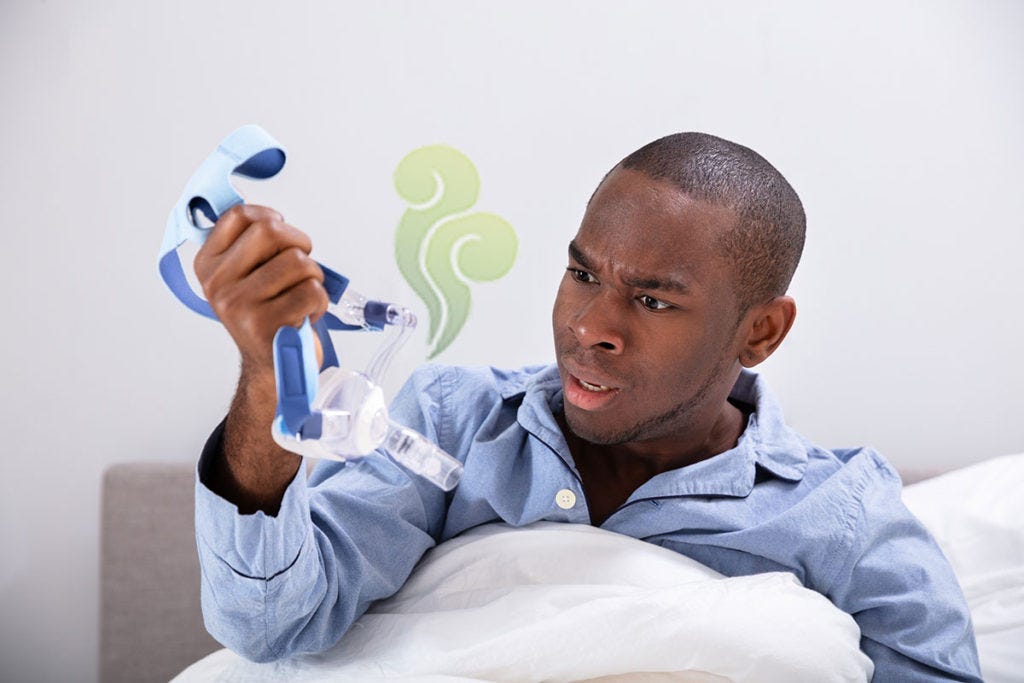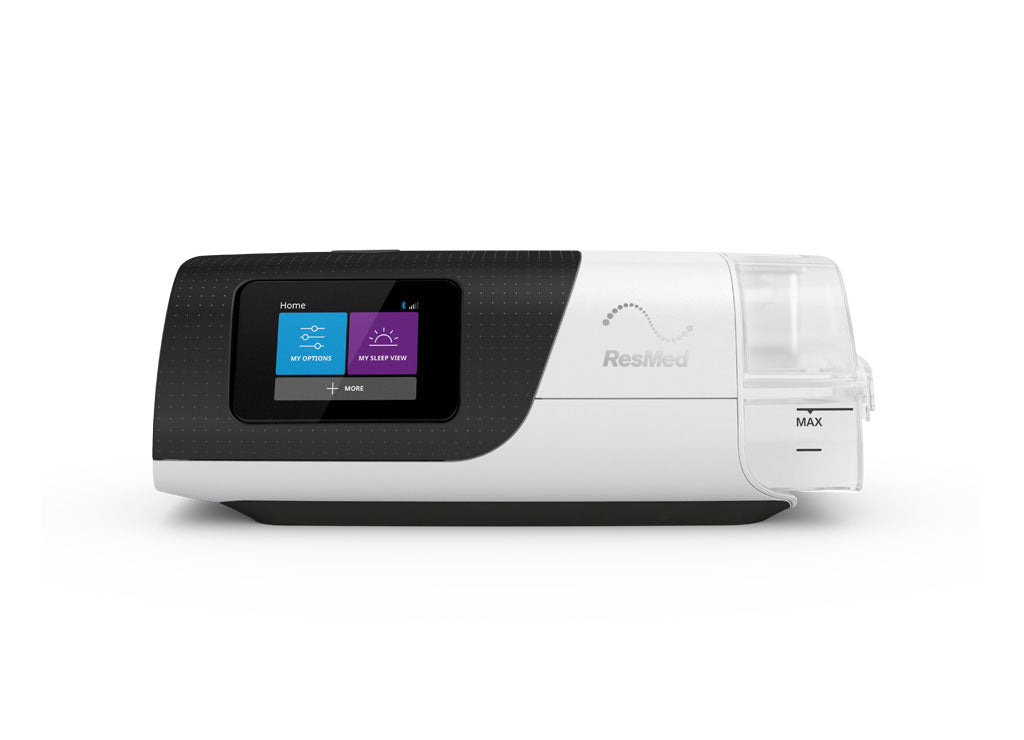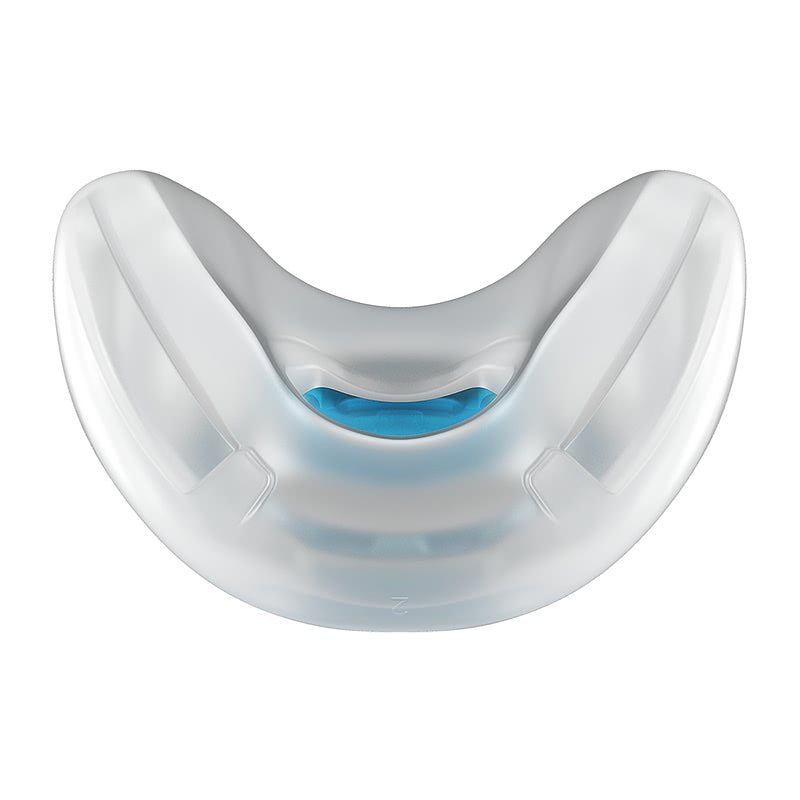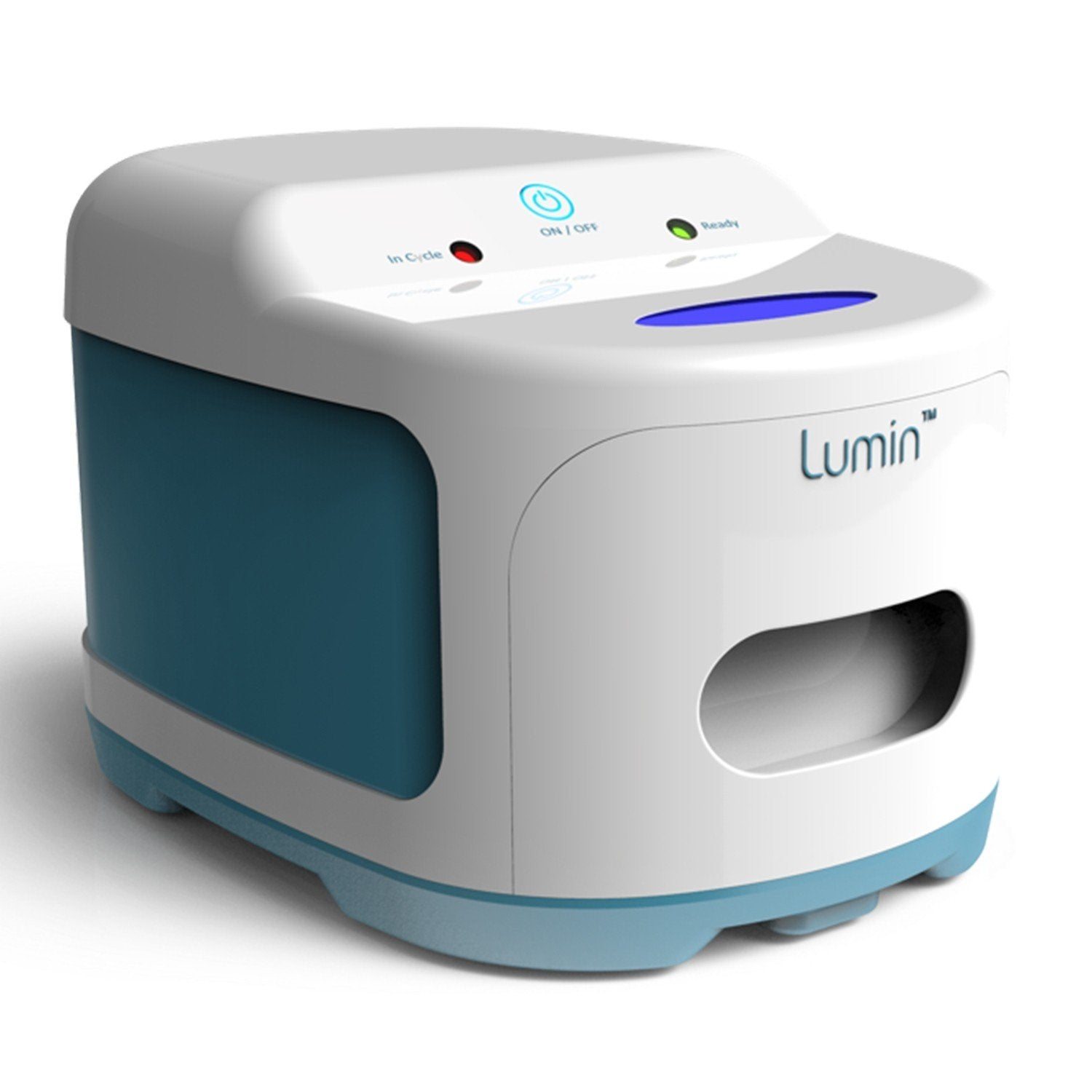
Why is Distilled Water Recommended for CPAP Use?
Share
CPAP machines require a source of humidification to prevent dryness and irritation in the airway. Using regular tap water in the humidification chamber can result in the buildup of mineral deposits, which can be harmful to the machine and the user. The mineral buildup can cause damage to the machine and also release harmful particles into the airway. In addition, tap water can contain bacteria, viruses, and other contaminants, which can be harmful if inhaled or cause infections.
Distilled water, on the other hand, is free from impurities, making it the safest and cleanest source of humidification for CPAP machines. Using distilled water in the humidification chamber helps prevent mineral buildup and protects the machine from damage. It also ensures that the air being delivered to the user is clean and free from harmful contaminants.
Benefits of Using Distilled Water for CPAP
-
Cleanliness: Distilled water is the cleanest and purest form of water, ensuring that the air being delivered to the user is free from contaminants.
-
Machine Maintenance: Using distilled water helps prevent mineral buildup in the machine, which can cause damage and shorten its lifespan.
-
User Health: Distilled water helps prevent the inhalation of harmful particles, which can cause respiratory infections and other health issues.
-
Better Sleep: Proper humidification with distilled water can help prevent dryness and irritation in the airway, which can lead to a better sleep experience.
In conclusion, distilled water is recommended for CPAP use because it provides the cleanest and safest source of humidification. Using distilled water helps protect the machine from damage, ensures that the air being delivered to the user is clean and free from contaminants, and promotes better sleep and overall health. It is important to follow manufacturer guidelines and change the water in the humidification chamber daily to maintain optimal hygiene and effectiveness of the machine.




